Navigating the American Landscape: A Comprehensive Guide to the United States Map
Related Articles: Navigating the American Landscape: A Comprehensive Guide to the United States Map
Introduction
In this auspicious occasion, we are delighted to delve into the intriguing topic related to Navigating the American Landscape: A Comprehensive Guide to the United States Map. Let’s weave interesting information and offer fresh perspectives to the readers.
Table of Content
Navigating the American Landscape: A Comprehensive Guide to the United States Map

The United States of America, a vast and diverse nation, is often visualized through its iconic map. This visual representation, featuring states, major cities, and geographic features, provides a crucial framework for understanding the country’s geography, history, and cultural tapestry.
Understanding the Map’s Geography
The United States map, with its distinct shapes and boundaries, reveals a landmass encompassing diverse landscapes.
-
The Continental United States: The lower 48 states, often referred to as the "contiguous United States," stretch from the Atlantic Ocean to the Pacific Ocean. This region is characterized by varied terrain, including towering mountain ranges like the Rockies and Appalachians, expansive plains, and fertile valleys.
-
Alaska: The largest state by area, Alaska occupies the northwestern corner of North America. Its vast, rugged landscape features mountains, glaciers, forests, and a long coastline.
-
Hawaii: This archipelago in the central Pacific Ocean is the 50th state, renowned for its volcanic origins, tropical climate, and stunning beaches.
Exploring Major Cities and States
The United States map is dotted with major cities, each a vibrant hub of culture, commerce, and innovation.
-
The Northeast: This region is home to some of the nation’s oldest and most historically significant cities. Boston, with its rich history and academic prowess, New York City, the bustling financial and cultural capital, and Philadelphia, a cradle of American democracy, are prominent examples.
-
The Midwest: Known for its agricultural abundance and industrial heritage, the Midwest boasts major cities like Chicago, a transportation and cultural hub, Detroit, a center of automotive manufacturing, and Minneapolis, a thriving economic and cultural center.
-
The South: Characterized by its warm climate, Southern hospitality, and rich history, the South is home to major cities like Atlanta, a transportation and business hub, Houston, a center of energy and space exploration, and Dallas, a major financial and commercial center.
-
The West: Known for its rugged beauty, diverse landscapes, and booming technology sector, the West encompasses major cities like Los Angeles, a center of entertainment and culture, San Francisco, a hub of technology and innovation, and Seattle, a gateway to the Pacific Northwest.
The Significance of the United States Map
The United States map is more than just a visual representation; it serves as a powerful tool for:
-
Navigation: It aids in understanding distances, routes, and geographic relationships, facilitating travel and transportation planning.
-
Education: It provides a visual framework for learning about the country’s history, culture, and geography, fostering a deeper understanding of its complexities.
-
Economic Development: It helps in understanding regional strengths and weaknesses, facilitating informed economic decisions and investments.
-
National Identity: It serves as a visual symbol of unity, fostering a sense of shared identity and belonging among Americans.
Frequently Asked Questions about the United States Map
Q: What are the largest states in the United States?
A: Alaska is the largest state by area, followed by Texas, California, Montana, and New Mexico.
Q: What are the most populous states in the United States?
A: California is the most populous state, followed by Texas, Florida, New York, and Pennsylvania.
Q: What are the major mountain ranges in the United States?
A: The major mountain ranges include the Rocky Mountains, the Appalachian Mountains, the Sierra Nevada, and the Cascade Range.
Q: What are the major rivers in the United States?
A: The major rivers include the Mississippi River, the Missouri River, the Ohio River, the Colorado River, and the Rio Grande.
Q: What are the major lakes in the United States?
A: The major lakes include the Great Lakes (Superior, Michigan, Huron, Erie, and Ontario), Lake Champlain, and Lake Tahoe.
Tips for Using the United States Map
-
Familiarize yourself with the map’s key features: Learn the names of states, major cities, and geographic features.
-
Use the map to plan your travels: Explore different regions, identify points of interest, and calculate travel distances.
-
Explore the map’s historical context: Learn about the history of state boundaries, the development of major cities, and the impact of historical events on the country’s landscape.
-
Use the map to learn about different cultures and regions: Explore the diverse cultural heritage of different states, their unique traditions, and their contributions to American society.
Conclusion
The United States map, with its intricate details and vast scope, provides a compelling window into the nation’s geography, history, and culture. It serves as a vital tool for navigation, education, economic development, and national identity, fostering a deeper understanding and appreciation for the diverse and dynamic landscape of the United States.
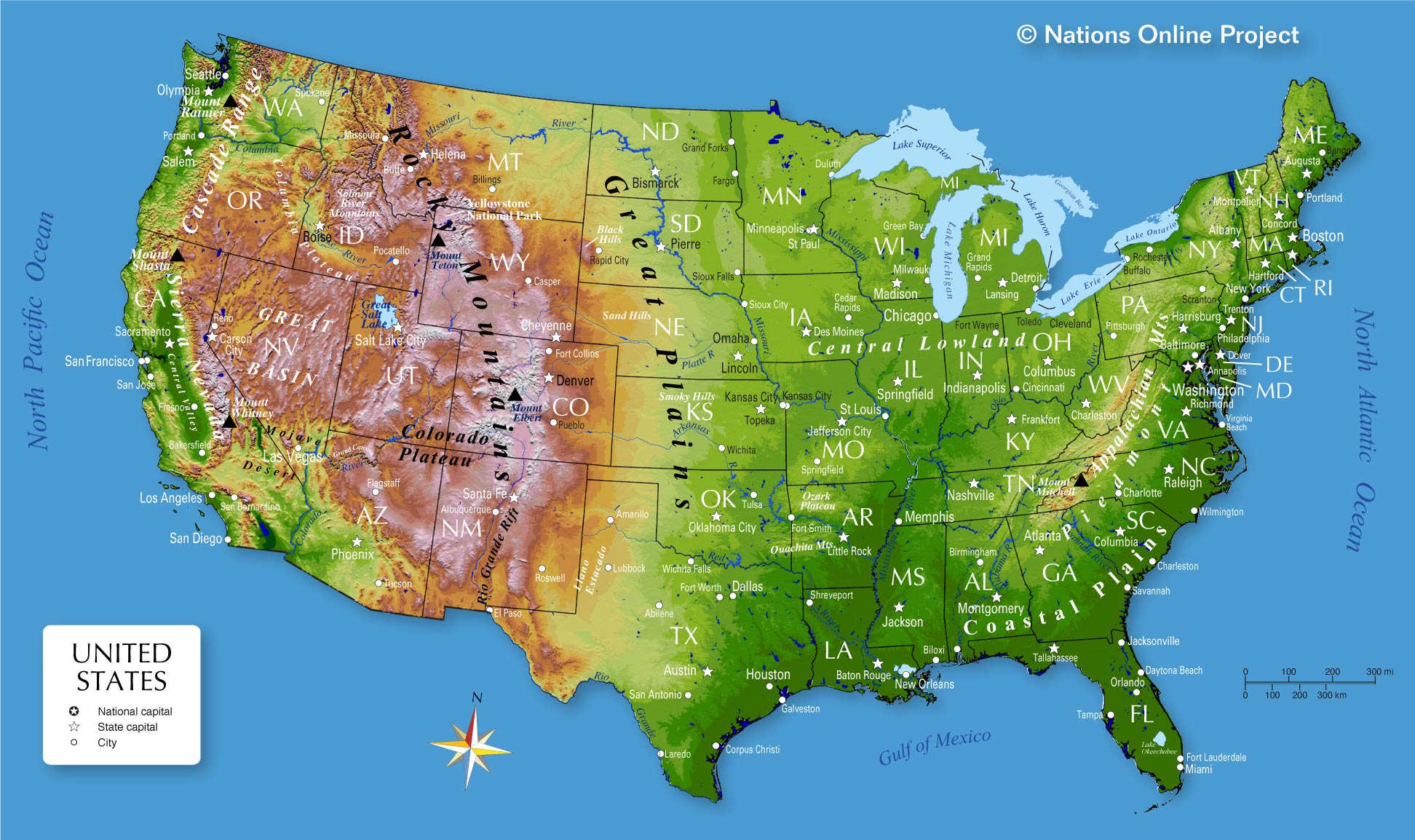
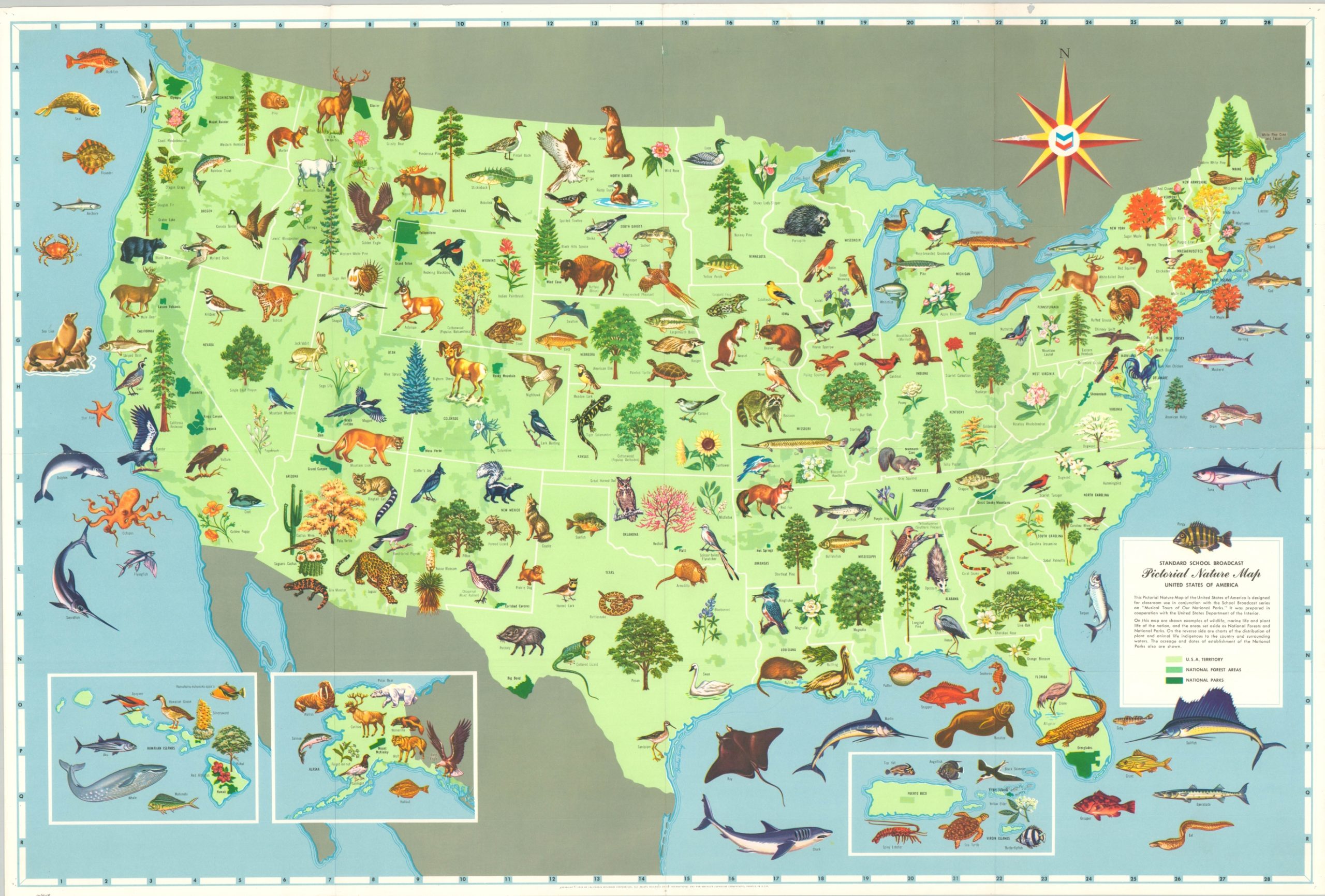
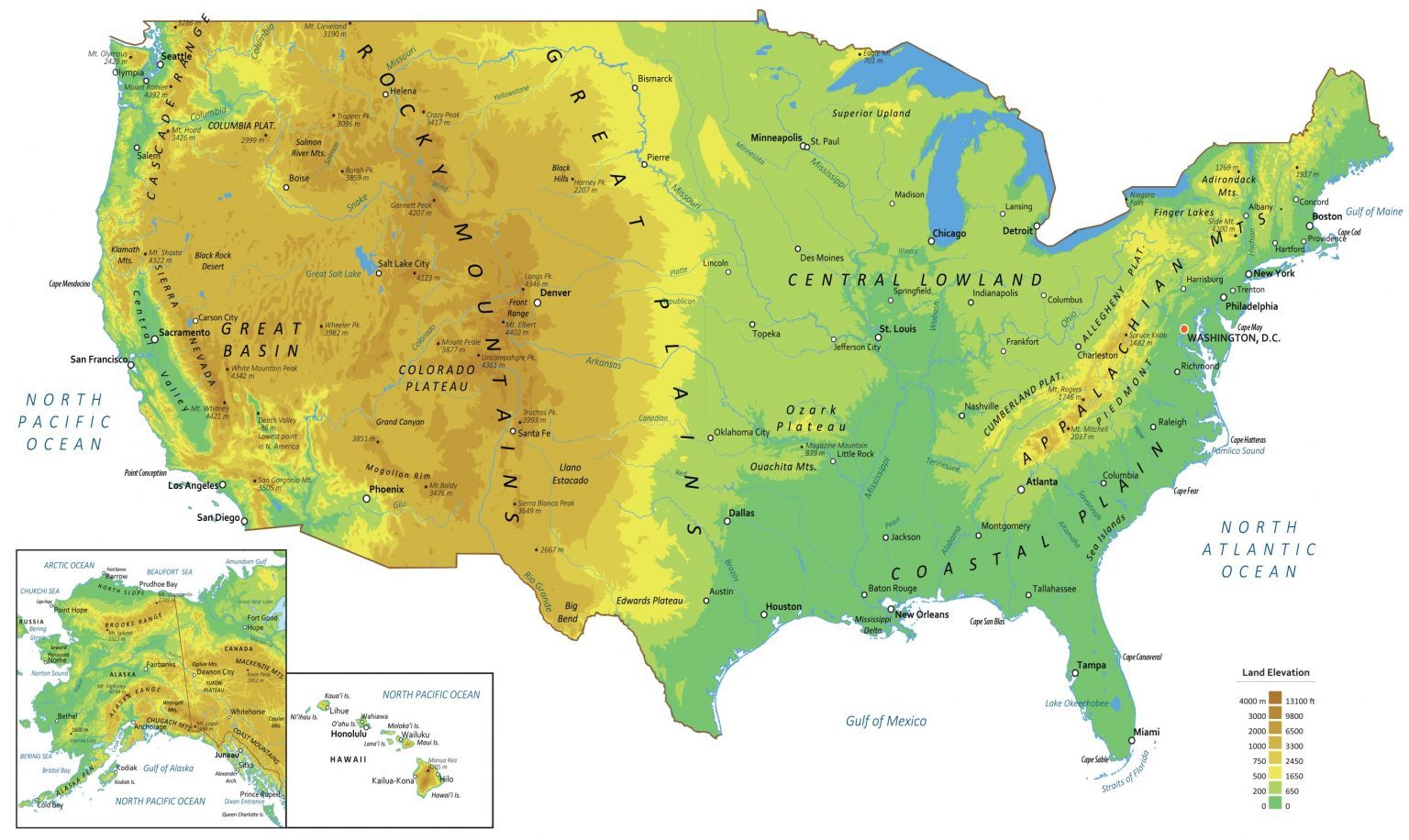



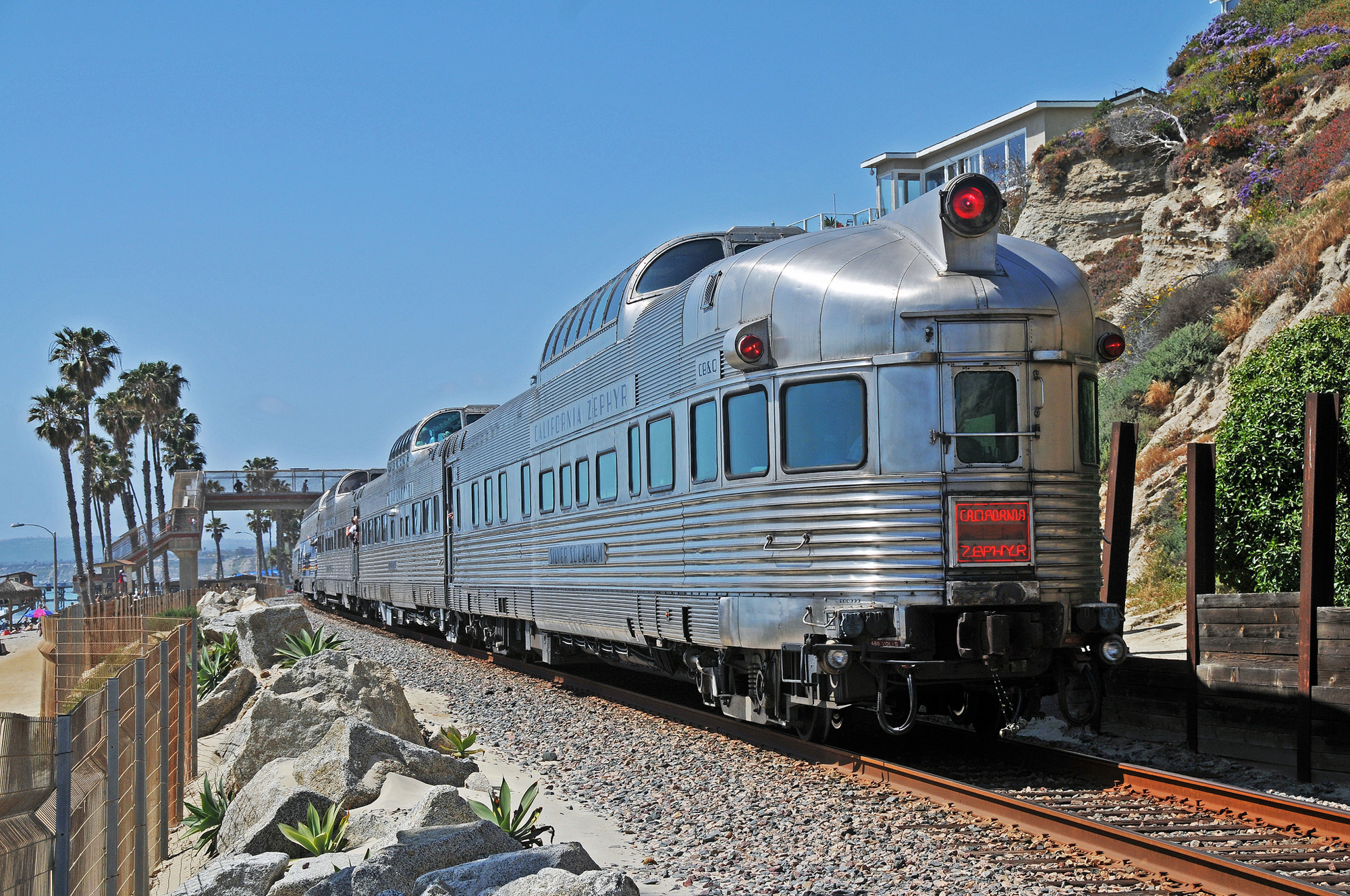
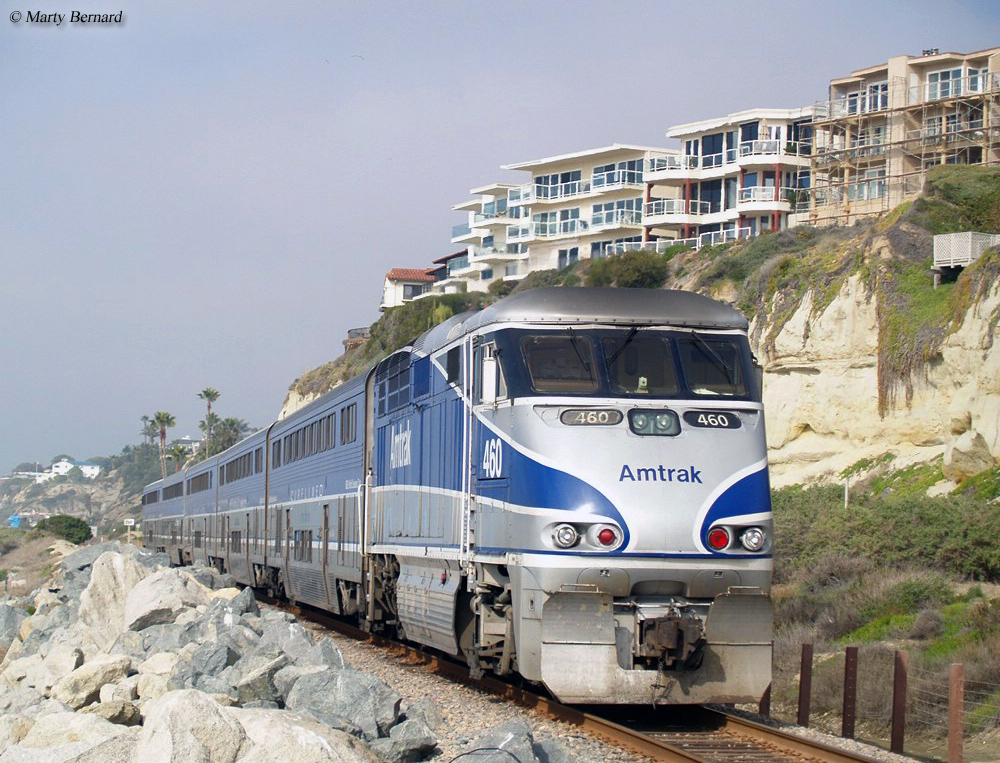
Closure
Thus, we hope this article has provided valuable insights into Navigating the American Landscape: A Comprehensive Guide to the United States Map. We hope you find this article informative and beneficial. See you in our next article!